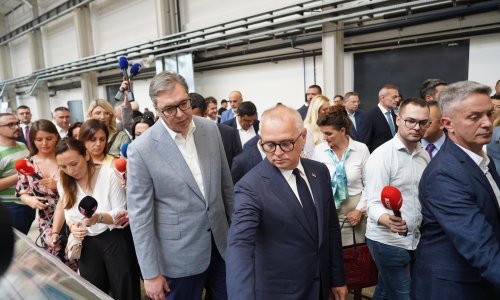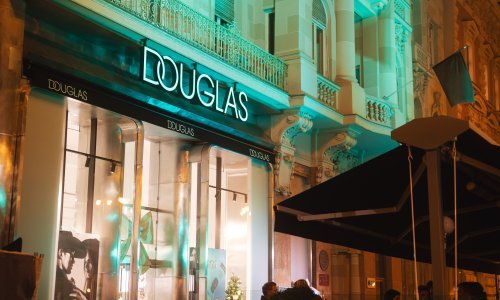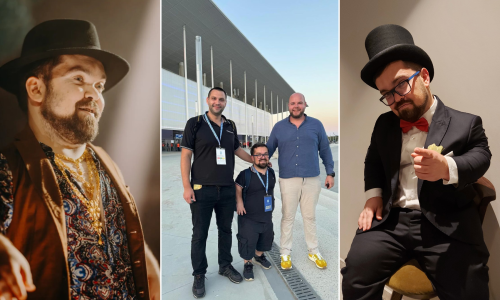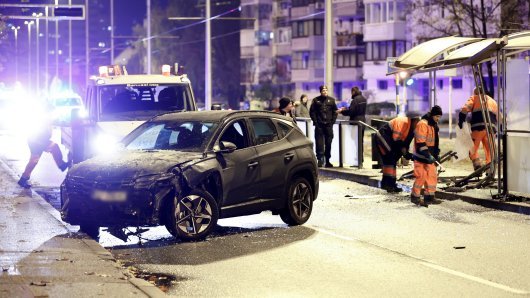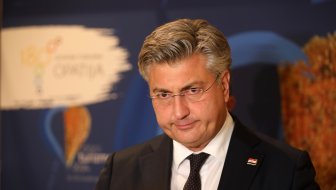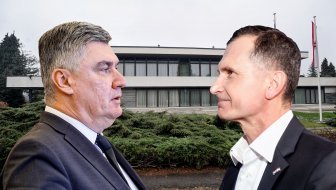Polish Prime Minister Donald Tusk formally presented the draft of Croatia's EU Accession Treaty to Croatian Prime Minister Jadranka Kosor during his visit to Zagreb on Saturday, saying that he would be very pleased if the document were signed in Warsaw as the capital of the country that currently holds the six-month EU rotating presidency.
The English-language draft was presented at a press conference which opened with the playing of the national anthems of the European Union, Poland and Croatia.
"This is an extremely important and historic moment of joy and happiness for us all," Kosor said, thanking her Polish counterpart for personally bringing the document to Zagreb.
Tusk praised his host for her courage and commitment, describing the Croatian prime minister as a "heroine of history".
"You've done a great job for the benefit of entire Europe, not just Croatia," Tusk said, adding that now that "many have doubts about Europe's future" Kosor's efforts are "a big injection of optimism".
"Croatia today is a huge step closer to EU membership," Kosor said. "There are still a few things to be done, including the signing of the treaty, but what is most important is that the biggest part of the job is finished."
Tusk said that the efforts made by the Croatian government would pay off in the future. "Your great efforts towards reform will produce results and will benefit all citizens, both the people and the state," he stressed.
Tusk said he would be glad to host Kosor in Warsaw for the signing of the accession treaty.
It is not yet known when and where the treaty will be signed. Apart from Warsaw, Brussels has also been mentioned as a possible venue as EU heads of state and government are meeting there for a summit on December 9.
The English-language version of the treaty is now to be translated into Croatian and all official languages of the EU and verified by legal and linguistic experts. This procedure is expected to be finalised by the end of October. The document is expected to be put to a vote at a plenary session of the European Parliament on December 1 and approved by the Council of the EU on December 5, which would pave the way for its signing.
After the signing, the treaty has to be ratified by all the member states and Croatia, which has to organise a referendum on EU membership within one month of the signing.
Summing up the negotiating process, Kosor said that they were "the most difficult and demanding" negotiations in the history of EU enlargement and that the EU accession treaty was "one of the most important treaties and documents Croatia has concluded to date." She recalled that the document was finalised in a year when Croatia was celebrating the 20th anniversary of its independence, and thanked all those that were involved in the negotiating process.
Kosor said that already today she would send the draft treaty to President Ivo Josipovic, Parliament Speaker Luka Bebic and the chair of the National Committee overseeing the EU accession process, Vesna Pusic.














